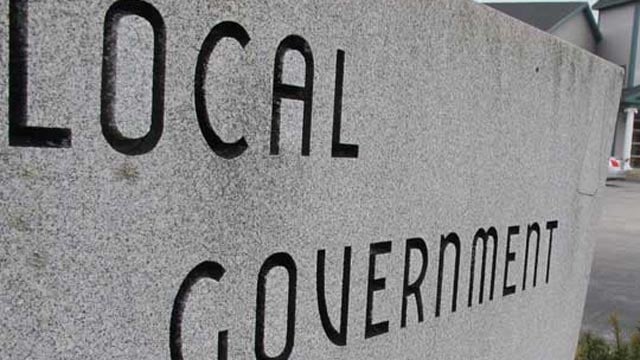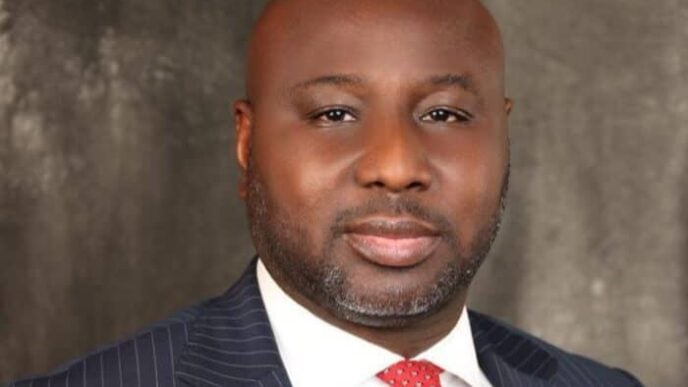BY KUNLE LAWAL
Local government autonomy remains one of the most contentious and critical issues in Nigeria’s democratic journey. It is often said that democracy thrives at the grassroots level, but in Nigeria, this foundation of governance has been systematically weakened by state governments playing Russian roulette with the nation’s democratic ideals.
The constitutional framework
The 1999 Constitution of the Federal Republic of Nigeria (as amended) unequivocally recognises local government as the third tier of government. Section 7 guarantees their establishment, structure, composition, and funding. Yet, this recognition is continually undermined by state governments who exploit constitutional ambiguities and institutional weaknesses.
Advertisement
Anambra’s legal anomaly: A symptom of the crisis
Anambra state exemplifies how state laws are used to usurp local government powers and resources. A law mandating local governments to remit funds to the state government undermines both fiscal independence and the principle of subsidiarity enshrined in the constitution. This practice is not only a direct violation of Section 162(5)-(8), which provides for the direct allocation of funds to local governments, but it also subverts the very essence of federalism.
In other states, governors have gone further, dissolving elected local government councils and replacing them with caretaker committees—an act that contravenes Section 7(1). These actions perpetuate a cycle of inefficiency, mismanagement, and disenfranchisement of grassroots citizens, whose voices are stifled under the heavy hand of state executive overreach.
Advertisement
A national pattern of constitutional infringement
The situation in Anambra is not isolated. Across Nigeria, state governors routinely divert funds meant for local governments through joint accounts, a mechanism designed for collaboration but used for coercion. The state judiciaries, expected to act as impartial arbiters, are often compromised by the overbearing influence of governors who control their funding and appointments. This systemic failure leaves local governments defenceless, eroding their ability to deliver basic services and meet the needs of the people.
The path to redemption
The time has come to reclaim local government autonomy through bold, innovative actions and a commitment to the rule of law. Here are actionable solutions:
Advertisement
1. Legal challenges in neutral jurisdictions
Local government chairpersons, who lack immunity, should sue state governments in courts outside their respective states. By doing so, they can avoid the influence of state governors over local judiciaries. For instance, an Anambra chairperson can sue the state government in a federal high court in Lagos or Abuja. This approach leverages the principle of territorial neutrality and increases the chances of impartial adjudication.
2. Strengthening federal oversight
The National Assembly must take a more assertive role in protecting local government autonomy. This includes amending the constitution to remove the joint account system and ensuring direct allocation of funds to local governments without interference.
Advertisement
3. Empowering civil society and grassroots movements
Advocacy groups and citizens must hold governors accountable for their actions against local governments. Public pressure, amplified by media campaigns, can expose and deter governors who manipulate local government structures for personal gain.
Advertisement
4. Judicial reform
A comprehensive overhaul of the judiciary is required to insulate it from state interference. This includes establishing independent funding mechanisms and enforcing strict penalties for judicial officers found complicit in enabling state overreach.
Advertisement
5. Institutional capacity building
Local governments must be empowered to generate their own revenue through innovative strategies, reducing dependence on federal allocations. This financial independence can shield them from undue influence by state governments.
Advertisement
A call to action
Local government autonomy is not just a legal issue; it is a moral imperative for a thriving democracy. When the grassroots are denied their voice, the entire democratic system suffers. It is time to confront the culture of impunity that allows state governments to play Russian roulette with democracy.
The survival of our federal system hinges on empowering local governments to function as the bedrock of governance, free from the stranglehold of state executives. It is a fight for justice, equity, and the future of Nigerian democracy—a fight that every Nigerian must join.
For the love of country,
Kunle Lawal is the executive director of Electoral College Nigeria
Views expressed by contributors are strictly personal and not of TheCable.
Add a comment












